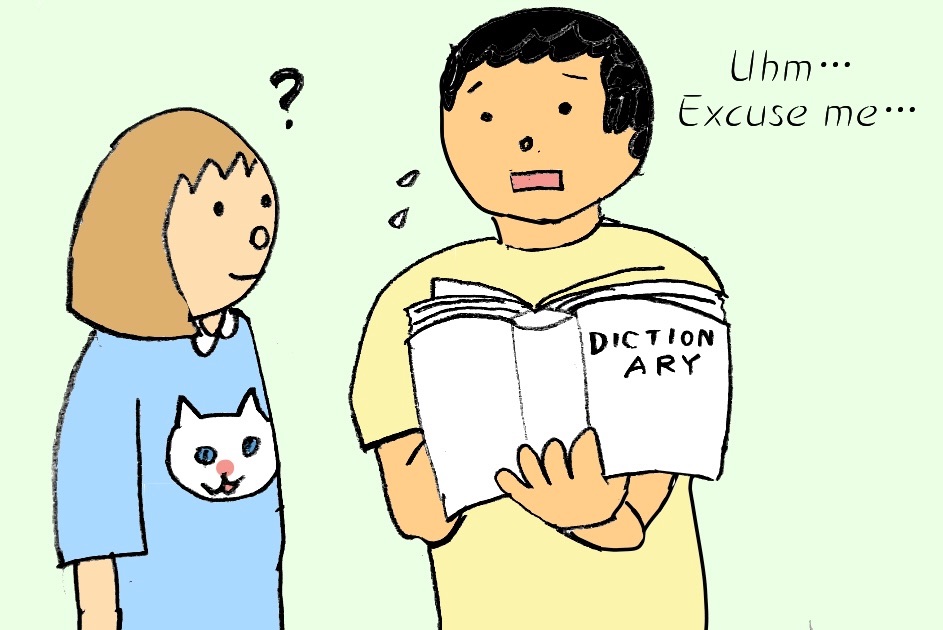初めての本格的な電子辞書は1992年発売らしい。

中国人の店でクラゲが買いたかった母

ちなみにくらげは日本語の漢字では海月/水月/水母…詩的すぎる。
次のエピソード
連載を初回から読む
英語訳
In 1988, there were no electronic dictionaries, let alone smartphones. My mother always carried a paper dictionary with her whenever she went out.
There is a Chinatown in downtown Portland, and there was a small Chinese grocery store called 安全, ānquán, where my mother would often go shopping on the weekends.
family fun
From time to time, luck arrives at home
Thoughts and business development
(List of kanji that the Japanese don't understand exactly, but we can somehow understand the meaning)
One day, my mother forgot her dictionary, and she didn't know the English word for ``jellyfish,'' nor did she know the kanji, so she tried saying a lot of things but the chinese clerk couldn't understand.
So, my mom drew a picture of a jellyfish on paper, and she was able to buy it.
ah! 海蜇Hǎizhē!
Phew… got it.
That was the 80's.
By the way, jelly fish in Japanese is くらげ、kurage. Kanji is 海月/水月/水母. Yes, it's crazy. All threes are too poetic. ocean moon, water moon, water mother.
検索用
1988年当時、スマホはもちろん、電子辞書はなかった。母は、外出の際はいつも、紙の辞書をいつも持ち歩いていた。
ポートランドのダウンタウンに中華街があり、そこに「安全」という小さな中国系食料品店があり、週末、母はよくそこに買い物に行ってくれていた。
合家歓楽
時来運到家昌威
心想事成百業興
(しっかりはわからないけど、なんとなく意味がわかる漢字の羅列)
ある日、辞書を忘れてしまった母は、「くらげ」の英語がわからず、漢字もわからず、いろいろ言ってみたが伝わらず、
紙にくらげの絵を描いてみて、なんとか伝わって買えたこともあったそうだ。
ah! 海蜇Hǎizhē !
ホッ…伝わった
そんな80年代だった。